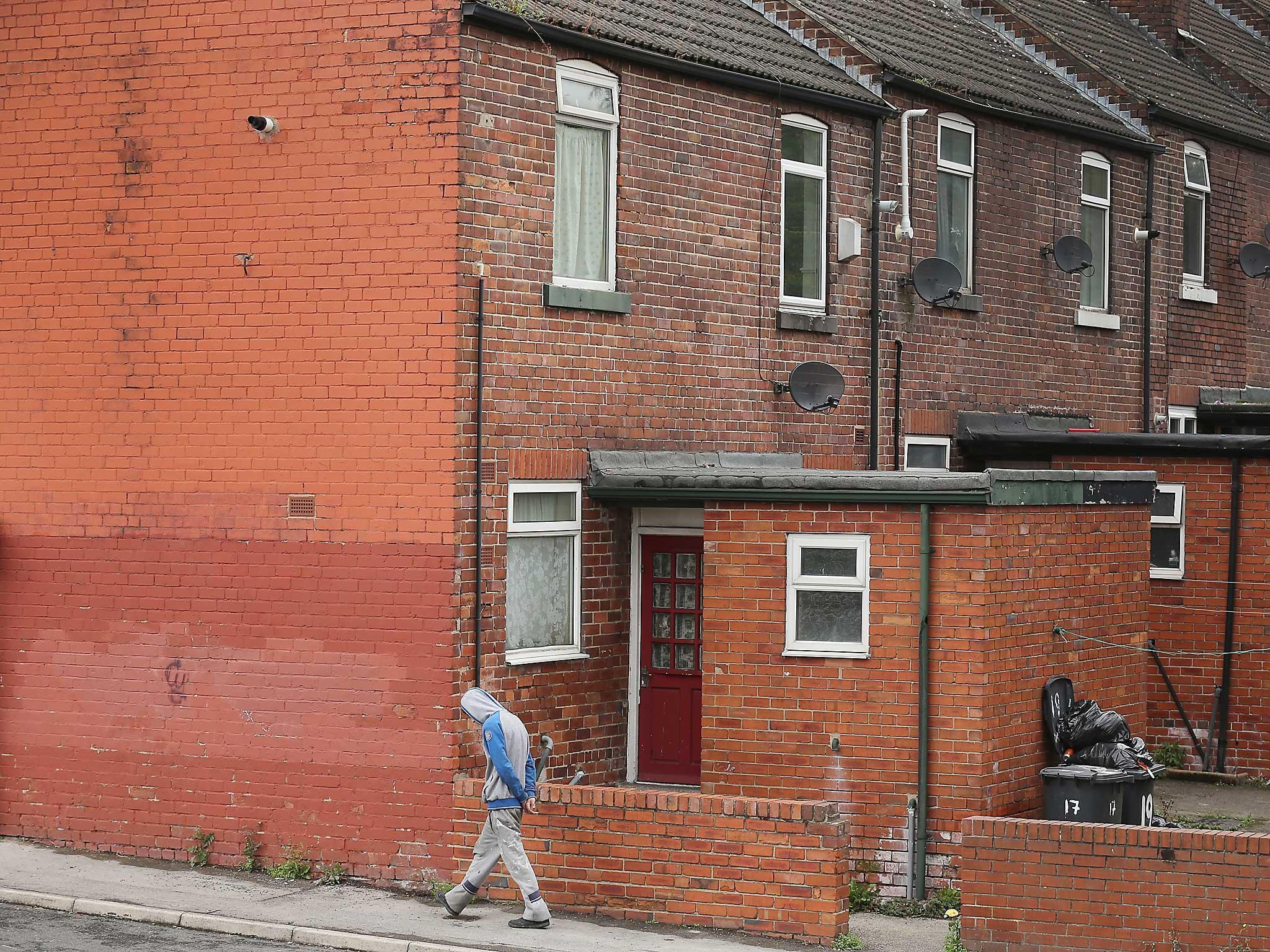6.5m households put health and welfare at risk by failing to save
Millions of British households face financial disaster if their incomes dry up, but campaigners claim Government policy is preventing low-income households from being able to make adequate provision for themselves

Ever increasing debt levels, no savings and an uncertain economic future are leaving millions of families walking a financial highwire without a safety net, new data reveals, with "many households barely clinging on".
More than 6.5 million households are in debt, or face the prospect of falling into debt within a month, should they lose their jobs, according to new research from The Equality Trust.
More than 40 per cent of working households have too little saved to pay even a month’s worth of household bills, let alone cover one-off bills such as the typical £540 cost of a replacement boiler.
“Over a third of households owe more in debt that they have saved, and millions more face falling into trouble in the event of a financial shock they cannot avoid," Dr Wanda Wyporska, executive director of The Equality Trust, has warned. "Many households are barely clinging on, with high costs, low incomes, and reduced government support."
But the problem doesn't extend to all. The richest 10 per cent of households have almost £50,000 set aside in savings, while the poorest 10 per cent have an average of just £100.
“We only need to look around to see that the scale of economic inequality in this country has reached dangerous levels," Dr Wyporska says. "This is not just a financial issue, we know that inequality means that our trust in others is lower, as well as worse levels of physical and mental health for us all. It even holds back our economy."
In a strongly worded statement, the Trust claimed that the current Government savings policy prevents many families on low incomes from saving for their future. Instead it favours the well-off, by offering them tax-free savings through ISAs, and bonuses through the new lifetime ISA .
Widely considered to be a more flexible form of retirement saving compared with a pension, those saving in a lifetime ISA will receive a 25 per cent bonus on top of their annual savings. Despite the bonus being available for savings up to, but limited to £4,000 a year, the trust warns this will do nothing for the half of non-retired households with little or no savings to top up. Instead, it suggests that "this means the lifetime ISA will provide a £1,000 bonus to wealthy households, and almost nothing to those on low incomes."
“Government savings policy supports the already well-off at the expense of those struggling just to get by. This cannot continue," Dr Wyporska says. "The Government must change direction and offer greater support for its Help to Save scheme, rather than projects such as the lifetime ISA, which only help the richest.”
Get a free fractional share worth up to £100.
Capital at risk.
Terms and conditions apply.
ADVERTISEMENT
Get a free fractional share worth up to £100.
Capital at risk.
Terms and conditions apply.
ADVERTISEMENT
The Equality Trust has called on the Government to scrap the lifetime ISA and instead use this funding to boost their Help to Save scheme, which is specifically aimed at supporting low income households receiving the in-work support of Universal Credit (UC). The Trust claims the Government plans to spend just £70m on its Help to Save scheme by 2020, but more than 10 times this (£850m) on the lifetime ISA scheme.
Read More: Independent Advisor can help you find a replacement boiler
Join our commenting forum
Join thought-provoking conversations, follow other Independent readers and see their replies
Comments